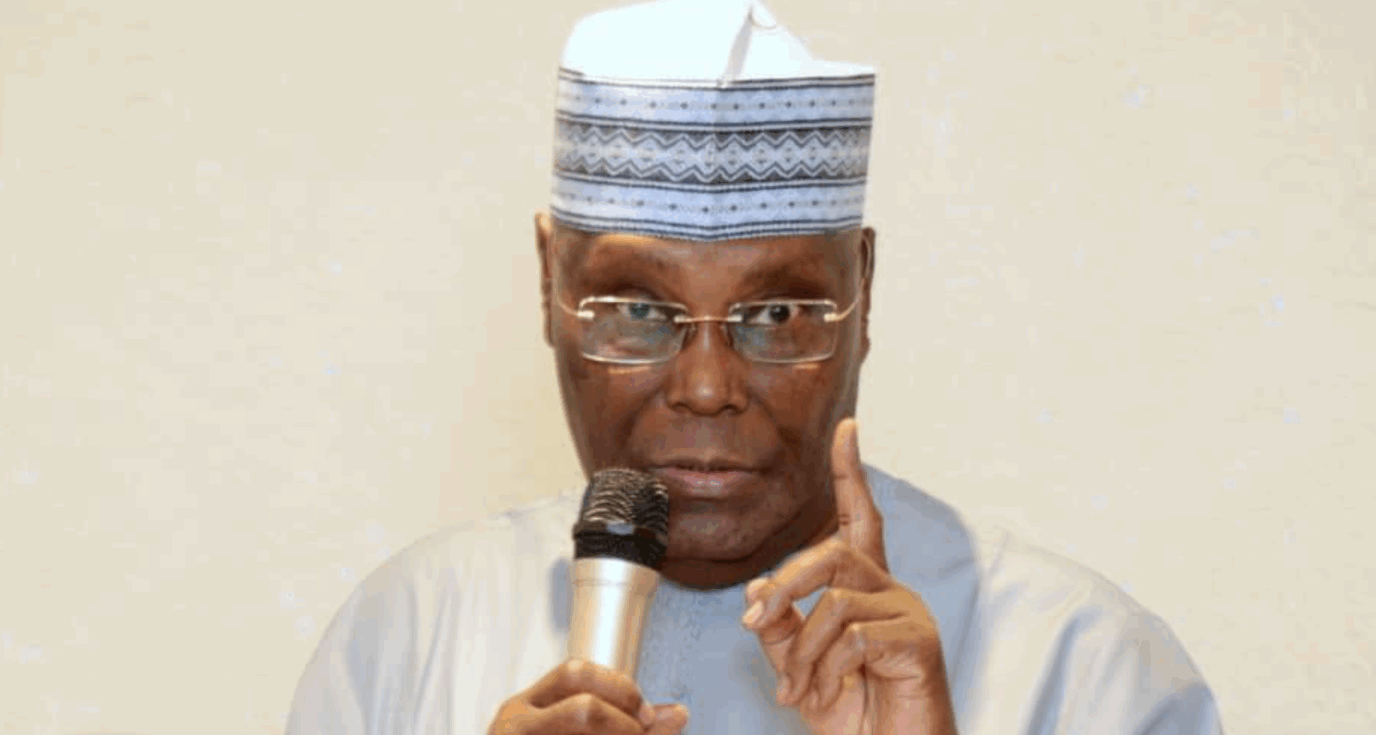As debates over local government autonomy gain momentum across Nigeria, former Lagos State Governor and ex-Minister of Power, Works, and Housing, Babatunde Fashola, has stated that genuine autonomy for local councils is unattainable under the present constitutional framework.
Speaking on Sunrise Daily, a Channels Television programme aired on Saturday, Fashola argued that the structural and legal provisions of the 1999 Constitution, as amended, do not support the idea of fully independent local governments. According to him, the state governments and their Houses of Assembly exercise significant control over local councils, making true autonomy impractical.
“I think the debate we must have is whether we really want autonomous local governments. As it stands today, it is unrealistic to expect autonomy for local governments created by the Constitution,” Fashola said. “They were not meant to be autonomous. That is my view after a very close reading of certain provisions of the Constitution.”
He pointed out that the Constitution empowers state Houses of Assembly to legislate for local governments, which contradicts the very concept of autonomy. “If you look at the legal and ordinary meaning of the word, autonomy, it suggests that you are acting independently without any outside influence. A state House of Assembly making laws for how a local government should function is an external influence that undermines autonomy,” he noted.
Fashola, a Senior Advocate of Nigeria, also highlighted the issue of land administration as a further limitation on local government independence. Most responsibilities assigned to local councils, including the management of abattoirs, cemeteries, primary schools, and primary healthcare centres, depend heavily on land access, which remains under the control of state governments.
“The Fourth Schedule of the Constitution assigns functions to local governments, but execution of these functions depends on land, an asset controlled by state authorities. If autonomy is truly the goal, then land control and other administrative levers would need to be restructured,” he said.
The former governor emphasized that what currently exists is not a framework of autonomy but a system of oversight and shared responsibility. “What I think was intended was some sort of collaboration, some supervision, some oversight of the state over the local government,” he explained. “This is embedded in Section 162 of the Constitution, which establishes the state-local government joint account.”
Fashola also offered a historical perspective, stating that the creation of the joint account system in 1999 was borne out of necessity. At the return of democracy, he said, several local governments were found to have defaulted in fulfilling basic obligations such as the payment of staff salaries, especially those of primary healthcare workers and primary school teachers.
“There is history behind the joint account system,” he said. “Prior to 1999, local governments received their allocations directly from the Federation Account. But it was discovered that many councils were failing to meet their responsibilities, leaving huge debts. As governor, I inherited some of these liabilities. The joint account was a response to ensure better financial oversight.”
He acknowledged that the joint account mechanism, designed to protect public service delivery, may have been compromised over time. “Whether the supervisors [state governments] have now become as culpable as those they were supervising is another narrative entirely,” he added.
Fashola’s comments come at a time when calls for constitutional reform and devolution of powers are growing louder, with proponents arguing that granting local governments financial and administrative autonomy would enhance service delivery and grassroots development.












